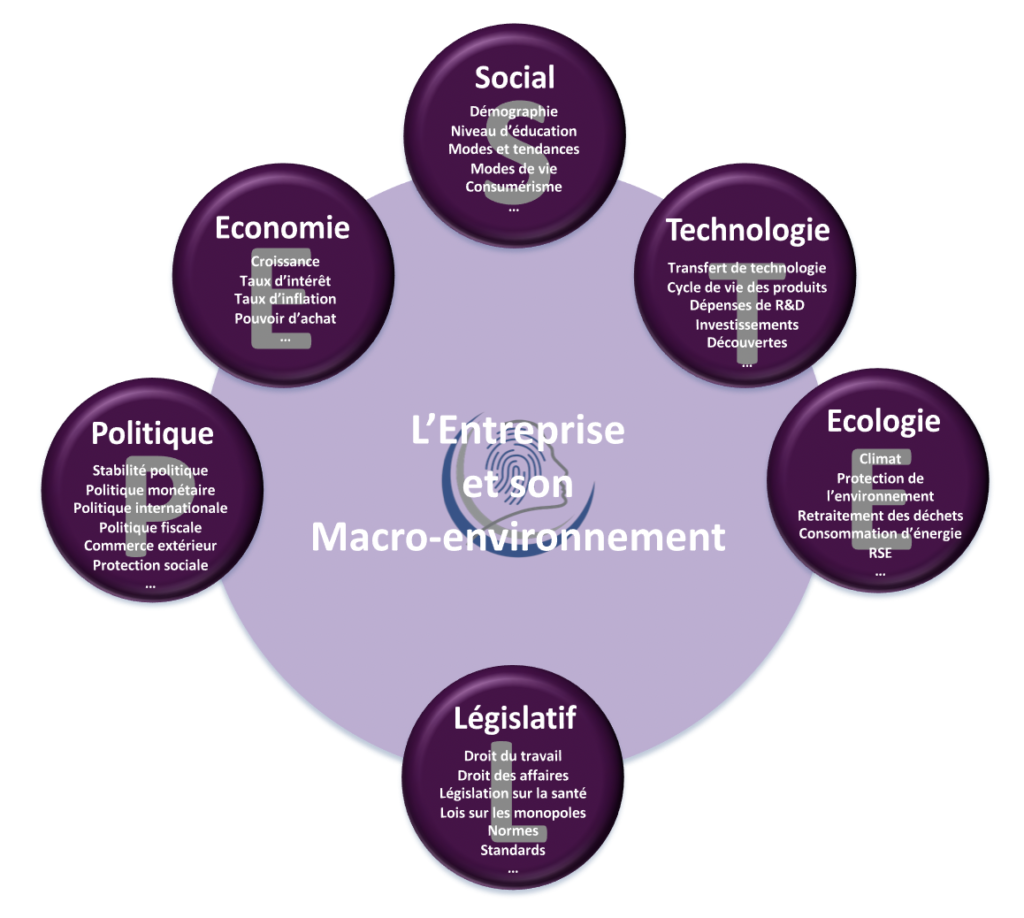Rethinking Middle Management: Their Vital Role In Today's Business Environment

Table of Contents
The Evolving Role of Middle Management
The traditional image of middle managers as solely directive figures is outdated. The modern business environment demands a more nuanced approach.
From Command and Control to Collaboration and Coaching
Middle managers are transitioning from purely directive roles to more collaborative leadership styles. This shift emphasizes empowerment and development, fostering a more engaged and productive workforce.
- Focus on mentoring and developing team members: Investing time in coaching and mentoring directly impacts employee growth and retention. Middle managers become crucial in identifying talent and nurturing future leaders.
- Emphasis on communication and transparency: Open and honest communication builds trust and fosters a positive work environment. Regular updates, transparent decision-making processes, and open-door policies are key.
- Facilitating teamwork and knowledge sharing: Creating collaborative environments where knowledge is freely shared enhances innovation and problem-solving capabilities. Middle managers should actively promote team building activities and cross-functional projects.
- Building a positive and supportive work environment: A positive atmosphere boosts morale and productivity. Middle managers can foster this by promoting a culture of recognition, appreciation, and work-life balance.
Bridging the Gap Between Leadership and Employees
Middle managers act as a vital bridge, translating strategic goals from upper management into actionable plans for their teams. They are essential for ensuring alignment and effective execution.
- Effective communication of company vision and objectives: Middle managers must clearly articulate the company's overall goals and how individual team efforts contribute to the larger picture.
- Translating complex strategies into clear, achievable tasks: Breaking down complex strategies into manageable tasks ensures clarity and prevents confusion among team members.
- Gathering feedback from employees and relaying it upwards: Middle managers provide a crucial feedback loop, ensuring that employee concerns and suggestions reach upper management.
- Ensuring alignment between individual and organizational goals: By fostering a shared understanding of goals, middle managers ensure that individual efforts are aligned with the company's overall strategic objectives.
Middle Managers as Drivers of Performance Improvement
Middle managers are directly responsible for the performance of their teams. Their leadership style significantly impacts overall organizational effectiveness.
Optimizing Team Performance
Effective middle managers proactively address challenges to maximize team productivity and efficiency.
- Setting clear expectations and performance goals: Establishing clear, measurable, achievable, relevant, and time-bound (SMART) goals provides direction and focus for team members.
- Providing regular feedback and performance reviews: Constructive feedback helps employees improve their performance and stay motivated. Regular performance reviews provide a structured framework for assessment and goal setting.
- Identifying and addressing performance issues proactively: Early intervention and support for underperforming employees can prevent larger issues from arising.
- Implementing strategies to enhance team efficiency and collaboration: Middle managers should constantly seek ways to improve team processes and collaboration, utilizing project management tools and techniques.
Fostering Employee Engagement and Retention
Engaged employees are more productive, innovative, and committed. Middle managers are instrumental in fostering this engagement.
- Creating a positive and supportive work environment: A positive work environment, characterized by open communication, trust, and mutual respect, is essential for employee engagement.
- Recognizing and rewarding employee contributions: Acknowledging and rewarding employees' achievements boosts morale and motivation.
- Providing opportunities for growth and development: Investing in employee training and development demonstrates commitment and increases employee satisfaction.
- Addressing employee concerns and promoting work-life balance: Addressing employee concerns promptly and promoting a healthy work-life balance are crucial for retaining talented employees.
Investing in Middle Management Development
Investing in middle management development yields significant returns on investment. It is crucial for organizational growth and sustainability.
Leadership Training and Skill Enhancement
Leadership training programs equip middle managers with the skills they need to excel in their roles.
- Developing strong communication and interpersonal skills: Effective communication is crucial for building strong teams and fostering collaboration.
- Improving problem-solving and decision-making abilities: Equipping middle managers with robust problem-solving skills enables them to address challenges effectively.
- Enhancing conflict resolution and negotiation skills: These skills are vital for managing diverse teams and resolving workplace disagreements.
- Focusing on strategic thinking and planning: Strategic thinking allows middle managers to contribute more effectively to the overall organizational strategy.
Providing the Right Tools and Resources
Providing the necessary tools and resources empowers middle managers to perform their duties effectively.
- Access to relevant technology and software: Providing access to the right tools enhances productivity and efficiency.
- Adequate training and support for new technologies: Proper training is crucial to ensure that middle managers can effectively utilize new technologies.
- Clear guidelines and policies: Clear guidelines and policies ensure consistency and reduce ambiguity.
- Opportunities for professional development and networking: Providing opportunities for professional development keeps middle managers engaged and up-to-date with the latest best practices.
Conclusion
Rethinking middle management is not merely about redefining roles; it's about recognizing their indispensable contribution to organizational success. By fostering a collaborative environment, investing in their development, and providing the necessary tools, organizations can unlock the immense potential of their middle managers. Effective middle management is the backbone of a high-performing organization, driving performance improvement, boosting employee engagement, and ultimately, achieving sustainable business growth. Don't underestimate the power of your middle management – invest in them, and reap the rewards. Start rethinking your approach to middle management today and discover the transformative impact on your business.

Featured Posts
-
 14 Avril Revue De Presse Economique Du 18h Eco
Apr 23, 2025
14 Avril Revue De Presse Economique Du 18h Eco
Apr 23, 2025 -
 Pazartesi Dizileri 17 Subat Tv Programi
Apr 23, 2025
Pazartesi Dizileri 17 Subat Tv Programi
Apr 23, 2025 -
 Analyse De Solutions 30 Facteurs De Hausse Et Perspectives
Apr 23, 2025
Analyse De Solutions 30 Facteurs De Hausse Et Perspectives
Apr 23, 2025 -
 Nutriscore Au Petit Dejeuner Analyse Des Produits Morning Retail
Apr 23, 2025
Nutriscore Au Petit Dejeuner Analyse Des Produits Morning Retail
Apr 23, 2025 -
 Stolen Base Record Sparks Brewers Victory Over Athletics
Apr 23, 2025
Stolen Base Record Sparks Brewers Victory Over Athletics
Apr 23, 2025
